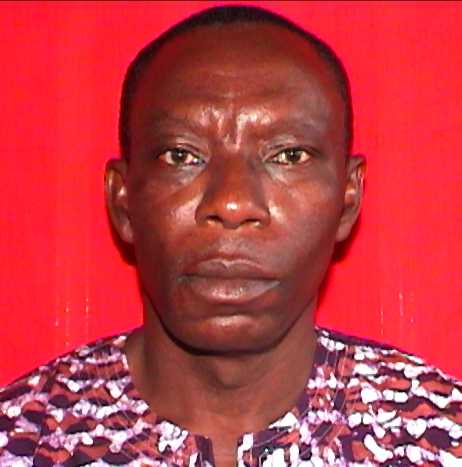Research Projects (Current and Past)
- Economic analysis of Fish production in ponds in Ghana (2003-2005). This research explored the opportunities and constraints for aquaculture production in Ghana and examined Benefit/Cost analysis and profitability of some of the most frequently cultured species
- Use of Computable General Equilibrium (CGE) Models to estimate effects of aquaculture on poverty reduction in Sub-Saharan Africa (2003-2006). This research was based on collaborative data and contributions from Ghana, Kenya, and Tanzania.
- Food and feeding ecology of some potential aquaculture fish species of the meteoritic Crater Lake (Lake Bosumtwi) in Ghana (2006-2007). This sought to explore the ecology and feeding habits of potential aquaculture species whose exploitation pattern in the Lake Bosumtwi cannot be sustained at current rates
- Growth studies of the African catfish, Clarias gariepinus, under varying feed and culture conditions (2006-2007). This was a combination of several studies, which included examining alternative plant protein sources and various periphyton substrates for growth of Clarias gariepinus.
- The use of Choice modelling techniques and probit analysis to determine Aquaculture information flow in Ghana and credit use in Kenya (2006-2008). This study examined how aquaculture information is disseminated to the fish farmer and how credit, when available to the fish farmer, is used in Ghana and Kenya.
- Impact of Climate change on watersheds and implications for their dependent communities (2004-2008). The effect of climate change over several decades was examined and time series of data were analysed to elucidate trends and also impacts on catchment communities.
- Ecological studies of the Volta estuary clam, Galatea paradoxa, in Ghana (2006-2009).
- Whole soft tissues of Galatea paradoxa remain a delicacy in the Volta estuary and lower catchment areas. The study examined the ecology of the clam and anthropogenic impacts on the organism. The organism has the tendency to accumulate heavy metals in its tissues, which may be hazardous to consumers. The organism was examined for heavy metal content in whole soft tissues.
- Bacteriological examinations were also conducted on clams at Ada and Aveglo in the Volta estuary to assess the extent of contamination and safety for human consumption
- Aquaculture and Best Practices in Ghana with sponsorship from AquaFish (USAID).
- Climate-Smart Cocoa Agroforestry in Ghana

